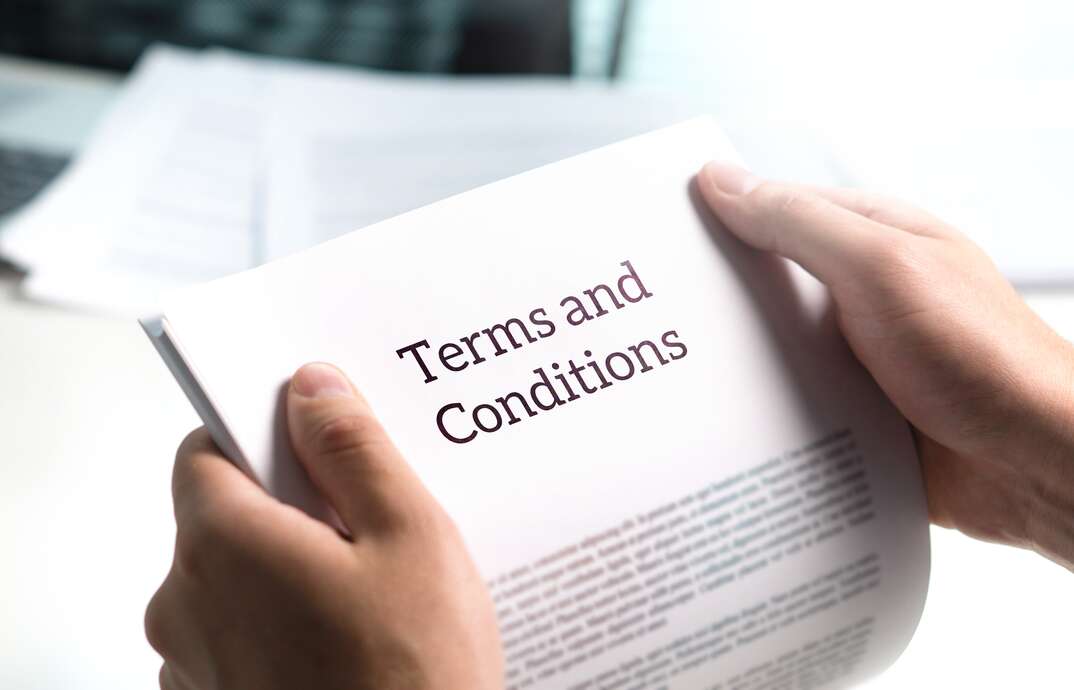- AppliancesElectriciansHVACLandscapingLocksmithPest ControlPlumbingRenovationRoofingT V RepairAll Home Improvement
- Car AccidentClass ActionCorporate LawCriminal DefenseDivorce LawEmployment LawFamily LawFinancial LawLegal AidMedical Injury LawyersMedical MalpracticeReal Estate LawWater Fire RestorationAll Legal
- InvestmentRetirementAll Finance
- Animal InsuranceAutoGeneral InsuranceHealth PolicyHome RentersAll Insurance
- DentalHealth SpecialistsAll Medical
- Animal CareVeterinaryAll Pets
- Auto GlassTowingAll Automotive
7 Clauses to Look Out For In Your Homeowners Insurance Policy

When disaster strikes, you expect to be able to rely on your homeowners insurance for protection. A homeowners policy can protect your investment and is probably required if you have a mortgage.
However, homeowners aren't always aware of clauses in their policies that may cause problems if they have to file a claim.
Most homeowner's policies provide three categories of protection:
- Structural coverage
- Personal property coverage for items in the home
- Liability coverage if someone is accidentally injured on your property or, in some cases, if you or a family member injures someone
This coverage gives homeowners peace of mind, but it doesn't cover every possible scenario.
7 Important Terms and Clauses in Your Homeowners Insurance Policy
Knowing which clauses and terms to look for in your policy can help you get the most out of your insurance coverage.
1. Exclusions, Acts of God and Named Perils
An act of God is generally defined as an event that human intervention couldn't have prevented. This term usually includes tornadoes, wildfires and other disasters. Homeowners insurance policies cover most acts of God.
However, all insurance policies contain exclusions — events and scenarios that aren't covered. Exclusions can be unlikely events such as wars and nuclear disasters, but common events like floods and earthquakes may also be excluded.
Most insurance policies also contain named perils, which are explicitly covered by the policy. Named perils often include loss due to fires, theft and windstorms. Some policies only offer coverage for loss due to named perils, so homeowners may want to read their policies carefully and understand which events are covered.
2. Limits on Certain Personal Property
In addition to covering damage to the structure of your home, insurance usually covers belongings inside the house. However, most policies have limits on certain types of personal property. Coverage for these items may be limited to a few thousand dollars or fewer:
- Jewelry
- Firearms
- Furs
- Silver and china
- Collectibles
3. Mortgagee Clause
A mortgagee clause makes insurance payouts payable to your lender — also known as the mortgagee — instead of you. Lenders require these clauses to protect their investments. A mortgagee clause adds extra steps to getting your home rebuilt or repaired, but they're common and may be unavoidable if you need a home loan.
4. Coinsurance Clause
Coinsurance clauses require that the amount your policy covers be near the home's actual replacement cost. If the amounts are too far apart, you may be required to pay coinsurance. That means the insurance company won't pay the full replacement cost and may not even pay the amount listed in the policy.
For example, if you have a $300,000 policy on a $600,000 home, your insurer may pay less than $300,000 if the home is lost. Insurance companies include these clauses to prevent people from underinsuring their homes to save on premiums.
5. Vacancy Clause
A vacancy clause states that your insurer isn't liable for damage if your house is deemed vacant. Insurance companies include these clauses because vacant homes are more likely to experience a loss due to fire, theft or vandalism.
Vacancy usually means a long-term absence from the home. If you go on vacation for a couple of weeks, your home isn't considered vacant. However, a vacancy clause could apply if you decide to work overseas for several months or spend the winter at a vacation property.
6. Appraisal Clause
When a homeowner and insurance company can't agree on a property's value after a claim is made, an appraisal clause in the policy may outline the terms for resolving the disagreement. Appraisal clauses provide a process for either party to demand an appraiser. If the appraisers can't resolve the dispute, it may be submitted to a judge or arbitrator.
7. Limits on Personal Liability Coverage
Homeowner's insurance usually offers personal liability coverage for the insured and their immediate family. However, this coverage has limits. In addition to dollar limits, not every type of incident is covered. The following are commonly excluded:
- Intentional harm caused by the insured, such as vandalism or assault
- A dog bite, if the dog is known to be aggressive
- Car accidents
- Business liabilities
- Injuries to people who live in the home
No homeowner's policy is perfect, but reviewing the terms of your insurance can make sure you have the best protection for your circumstances. Additional insurance and riders are often available if you live in an area prone to an excluded disaster, like floods or earthquakes. Similarly, you may be able to include valuables like jewelry and firearms in your insurance policy if you declare these items and get them appraised. Speak with your insurance agent about adding riders to your policy.
Make sure your insurance includes appropriate replacement values and policy limits. It's tempting to save money on premiums, but you don't want to be responsible for damage due to being underinsured.
While some clauses may not be negotiable, simply understanding what to expect if you need to make a claim can make the process easier.
Elocal Editorial Content is for educational and entertainment purposes only. Editorial Content should not be used as a substitute for advice from a licensed professional in your state reviewing your issue. The opinions, beliefs and viewpoints expressed by the eLocal Editorial Team and other third-party content providers do not necessarily reflect the opinions, beliefs and viewpoints of eLocal or its affiliate companies. Use of eLocal Editorial Content is subject to the
Website Terms and Conditions.The eLocal Editorial Team operates independently of eLocal USA's marketing and sales decisions.



